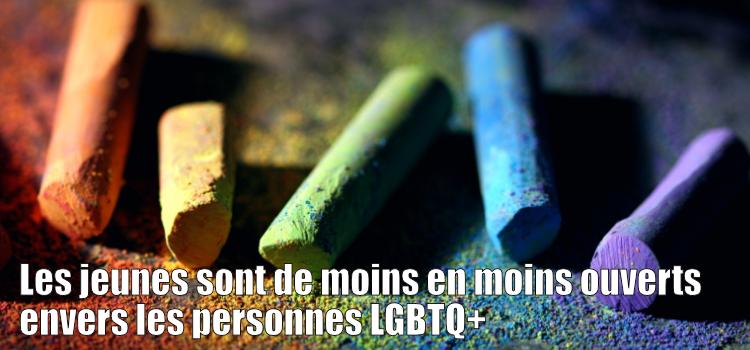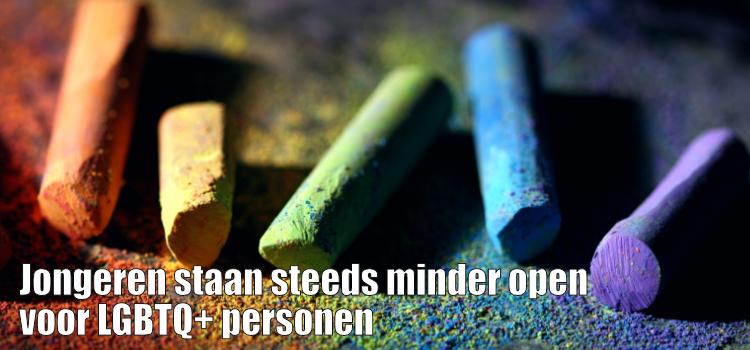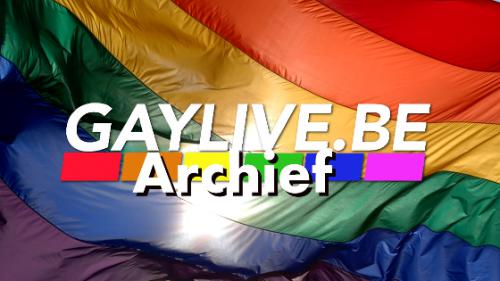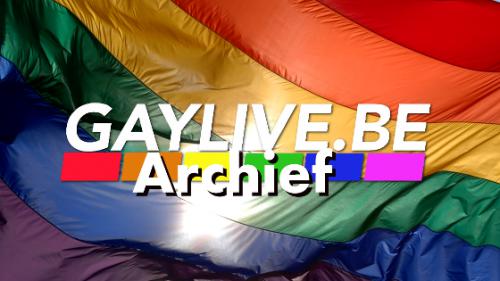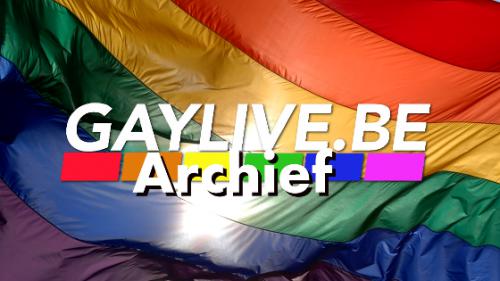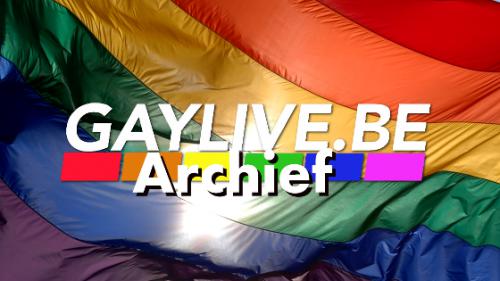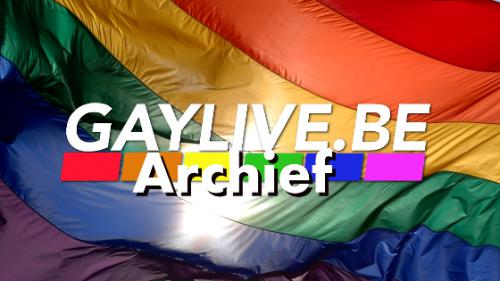Young people are increasingly less open toward LGBTQ+ individuals
Acceptance of LGBTQ+ individuals among young people in Flanders and Brussels is steadily declining. This is evident from new data published by the Youth Research Platform (JOP). The research shows that more and more young people are not open to people who are gay or lesbian, find violence against them acceptable, and oppose same-sex marriage. The LGBTQ+ umbrella organization çavaria is calling on Flemish Minister of Education Zuhal Demir (N-VA) and the various educational networks to implement a structural and LGBTQI+-inclusive approach in schools as a matter of urgency.
On a scale from 0 to 10, Flemish youth scored 3.2 on homophobia in 2023. Five years earlier, in 2018, the score was still at 2.04. The survey involved over 1,500 students in their fifth and sixth year of secondary school, three-quarters of whom live in Brussels, Antwerp or Ghent. The decline is visible across the board: among both boys and girls, religious and non-religious students, and in both general and vocational streams.
Opposition to same-sex marriage is also increasing, as is the number of young people who would prefer not to have a gay teacher. Jewish and Muslim students scored the highest on average for homophobia, with 5.43 and 5.38 out of 10, respectively. These are the only groups that lean towards the homophobic end of the scale. Overall, however, Flemish youth still remain on the tolerant side.
“These new numbers are alarming, but not surprising,” says Eef Heylighen of çavaria. “We’re seeing the same trend in earlier studies, such as our School Climate Survey, which looked at the experiences of LGBTI+ students. That study found that 60.4 percent felt unsafe at school because of their sexual orientation, and 10 percent had been physically assaulted. This makes the need to improve acceptance of LGBTI+ people even more urgent.”
Çavaria is therefore urging Minister Zuhal Demir and the educational networks to implement a structural and LGBTI+-inclusive policy at schools. That means giving schools the clear mandate and sufficient resources to create a learning environment where it is safe to be yourself — including for LGBTI+ students.
Lees meer







